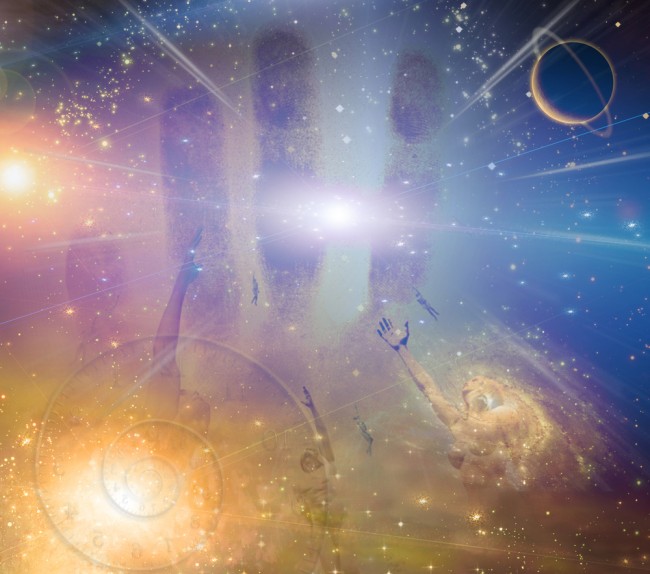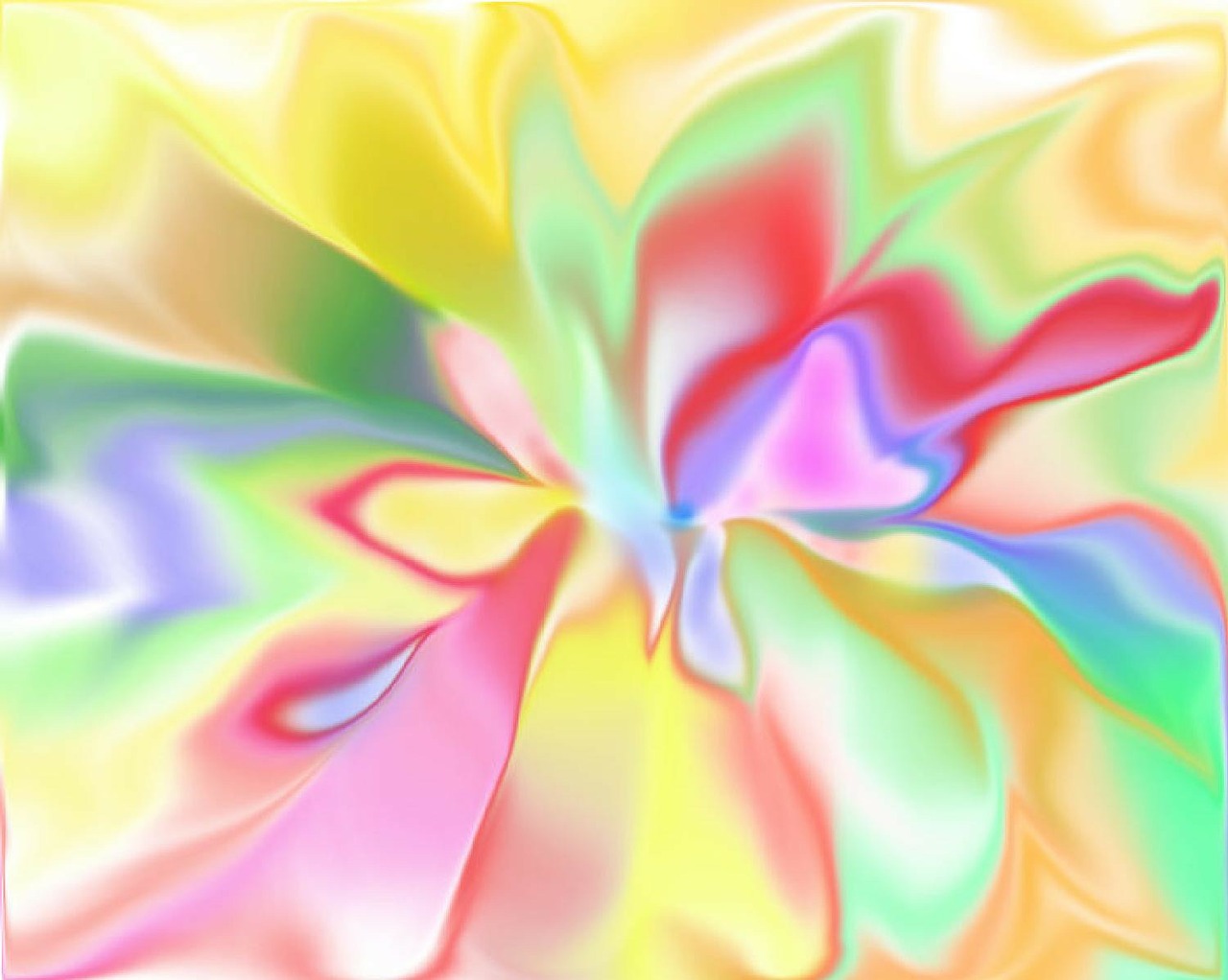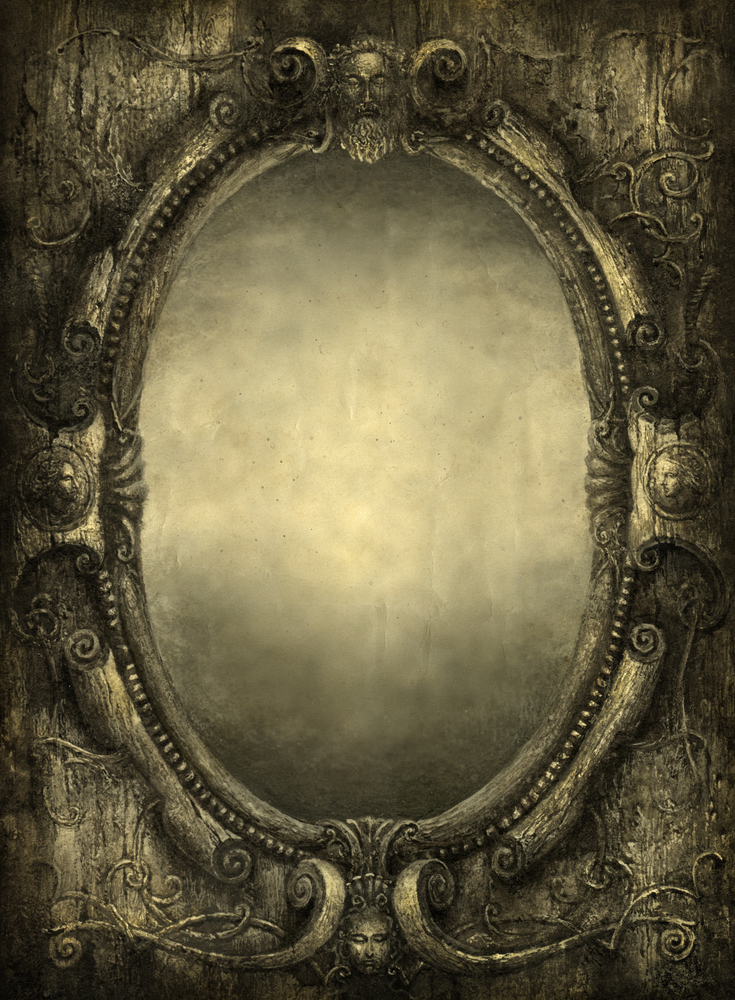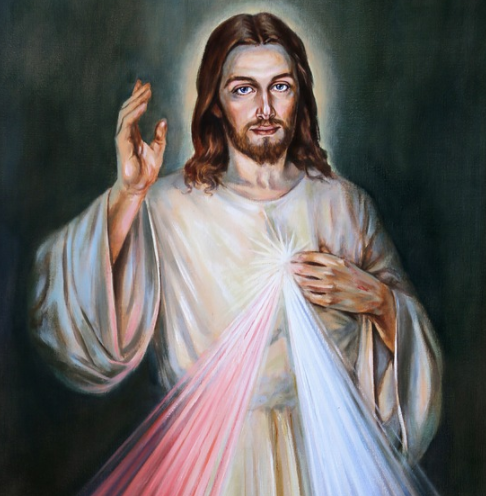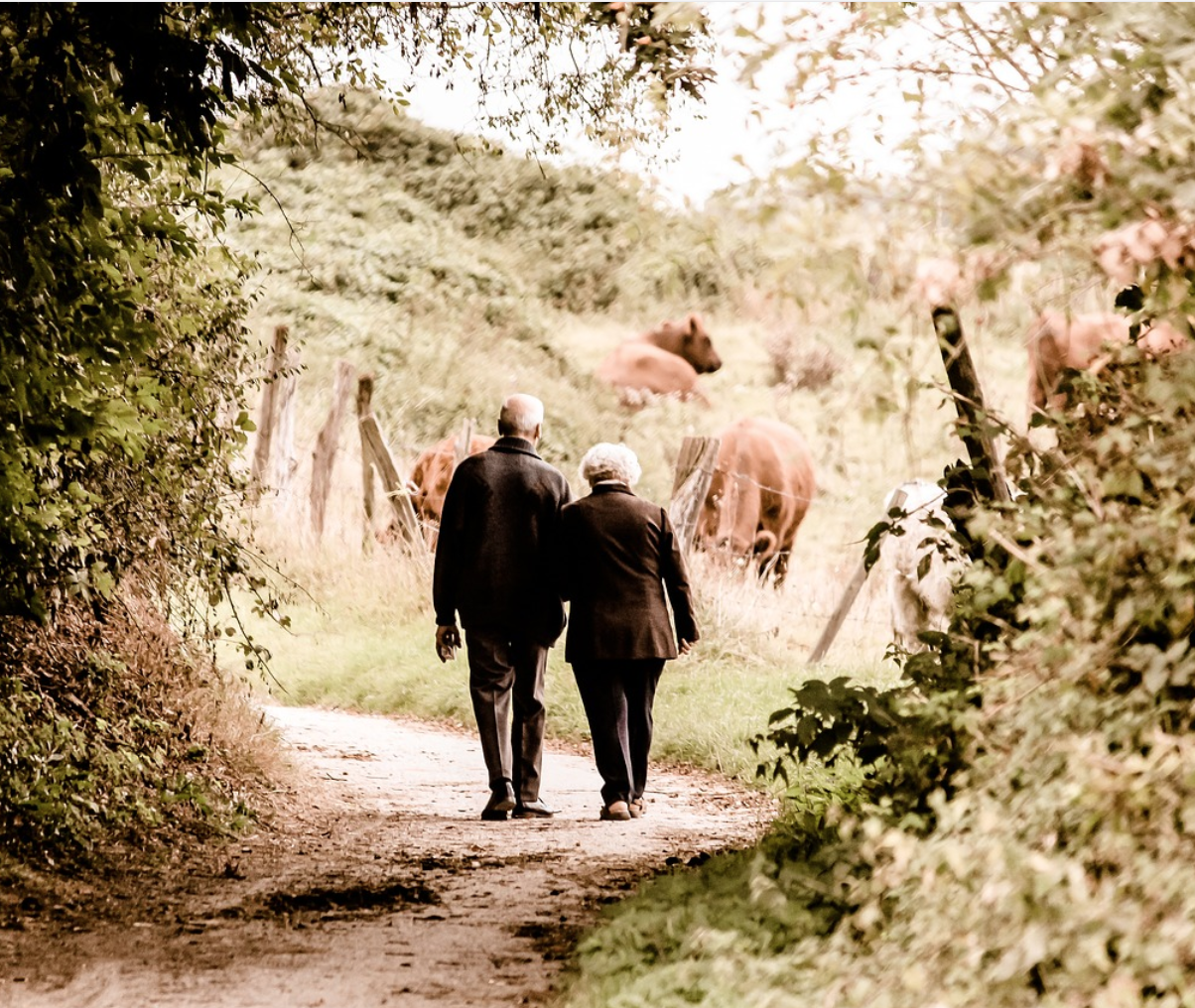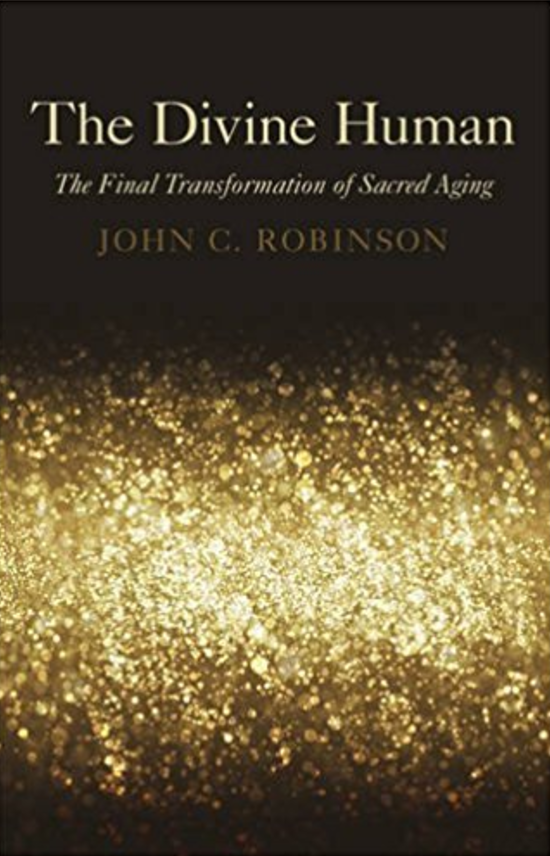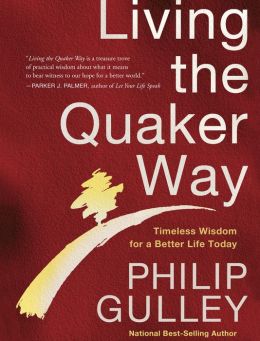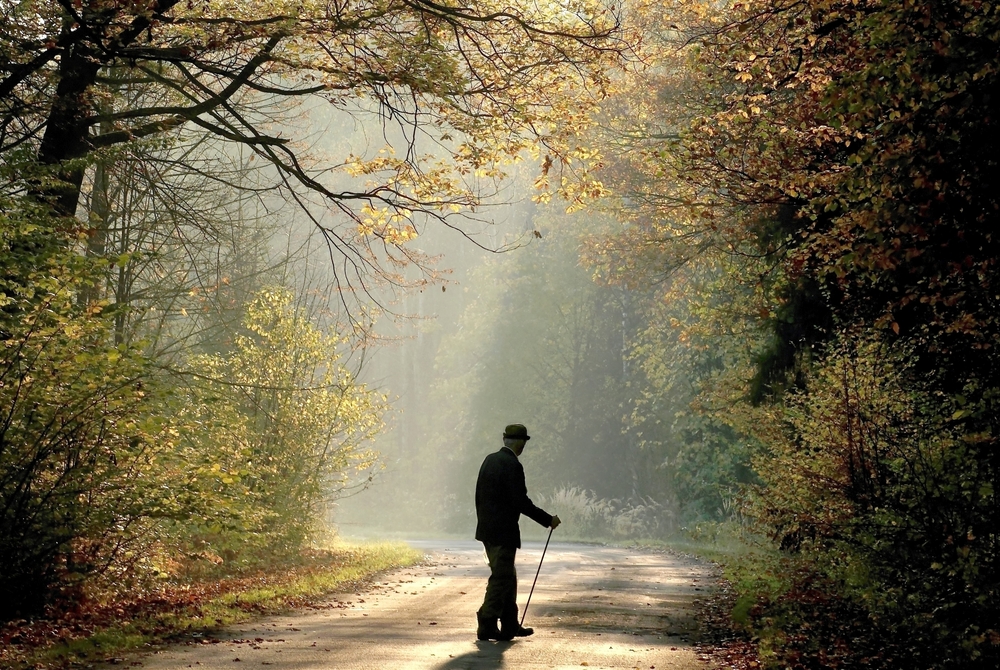As you probably know, the higher cognitive functions in humans are divided between the two cerebral hemispheres of the brain. The left side deals with speech, language, logic, reasoning, and storytelling - all the processes that we conventionally call mind. The right hemisphere deals with non-conceptual, non-language here-and-now sensory and spatial awareness and thought-free consciousness (I'm intentionally leaving out perceptual-motor functions that are largely irrelevant to my argument). Now here is where it gets really interesting. Do you know about the split-brain research?
In my work as a mystic, I have been exploring a new kind of activism - Mystical Activism. Evolving from the experience of divine Self-realization discovered in the New Aging, it has been foretold in the archetypes, myths and prophecies of the world and must now become a lived reality if we are to survive on Earth. This blog describes the nature and place of Mystical Activism in Creation Spirituality theology and human transformation.
For eons, humans have viewed God as a huge, external, and all-knowing human-like figure who rewards some, punishes others, and ignores many, and whose actions in the world often seem mysterious and inexplicable. This is the projection model of God: we humans unconsciously created the figure of God in our own image and projected this image "out there." Worse, this belief assigns the responsibility for change onto a fictional character to whom we keep praying, hoping that this "God" will someday hear us, or do what we ask, or show us why things are the way they are, or something.
The Two-Way Mirror was part of my early clinical psychology training in graduate school. Therapy rooms in our training clinic had been constructed with see-through mirrors. You've probably seen similar arrangements on television crime shows where those behind a mirror watch a suspect's interview. What you see through a two-way mirror depends on which side is dark and which side is lit. In my clinical training, therapists and their clients sat in the lit side observed by faculty and other students from the unseen dark side. After the session, teacher and students would discuss how things went.
Lent marks the sacramental period of deep and sincere reflection on the meaning of Easter and the miracle Jesus' death and resurrection. Its 40-day duration symbolizes Jesus' 40-day prayer fast in the desert in preparation for the completion of his work on Earth and his ultimate spiritual transformation. For Christians, it's a time of moderation, repentance or purification in like preparation for the powerful - and mystical - events and significance of Easter.
Aging is a transformation of self and consciousness. Surrendering our old identity, schedule and roles, our sense of self changes. Growth possibilities from the unfinished self blossom creating with new interests, goals and life possibilities.
Conscious Aging organizations encourage elders to contribute their time, energy, wisdom, and experience in “giving back” to the world. So when I retired, I was surprised by how much resistance I felt to getting involved.
When a middle-aged clinical psychologist begins working with a client describing bizarre mystical experiences, his own world changes radically.
With our unprecedented longevity, aging has become a new developmental stage in the human life cycle. Conscious sacred aging now offers humanity profound opportunities for psychological, spiritual and mystical transformation, expanding not only our lifespan but our awareness of God as well. What if we discover in this awakening that we are already divine? What if this realization transforms our very nature and purpose in the world? The Divine Human answers these questions and more, revealing the ultimate meaning of the New Aging.
Review by Carol Orsborn, Editor in Chief, Fierce with Age
This month’s Digest is a special edition, dedicated for the first time solely to the work of one thought leader. I encountered Dr. John C. Robinson’s work on aging 5 years ago. Until then, I thought of spirituality as a solution to the challenges of aging. Over time, I grew to view aging as a spiritual path. But it was John Robinson’s books that opened the portal to my understanding of aging as a mystical experience, in and of itself.
The 2016 presidential election triggered an unexpected and nearly unbearable trauma for over half of the American people. For many, it felt like the death of a loved one, or the assassinations of John Kennedy, Martin Luther King, and Robert Kennedy, or the nightmare of 9/11. It felt like a wrecking ball shattering our nation's fragile architecture of decent human values, urgent climate plans, and steadily expanding civil rights. Like many, I shared my distress wherever I went - in my men's group, spirituality group, conscious aging circle, and conversations with loved ones, and knew that this threat to our way of life was magnitudes worse for vulnerable peoples - immigrants, religious and racial minorities, and the poor. We discussed protests, marches, political action and civil disobedience. I imagine that many of you had similar conversations in your communities as disbelief, shock, grief, tears, fear, insomnia, and horror fragmented psyches all across our land.
Timeless Wisdom for a Better Life Today, Philip Gulley
In his highly readable Living the Quaker Way, Philip Gulley graciously welcomes the curious reader into the Quaker faith. His introductory chapter, "What is a Quaker?" is friendly, open, kind, unpretentious, and folksy. I read on expecting a primer on Quaker history, beliefs and practices and was not disappointed. But then I was startled by the change in tone. As he begins to work through the core values of the Quaker faith - Simplicity, Peace, Integrity, Community and Equality - Gulley becomes eloquently and passionately critical of modern American life, criticism that I entirely agree with.
The Three Secrets of Aging suggests instead that our final stage of life offers an astounding new evolutionary process: an initiation into an entirely new stage of life, a transformation of self and consciousness, and a revelation of a new - and sacred - world right where we are.
When things get tough, we frankly wonder what kind of courage it will take to grow old and whether we have that courage.

